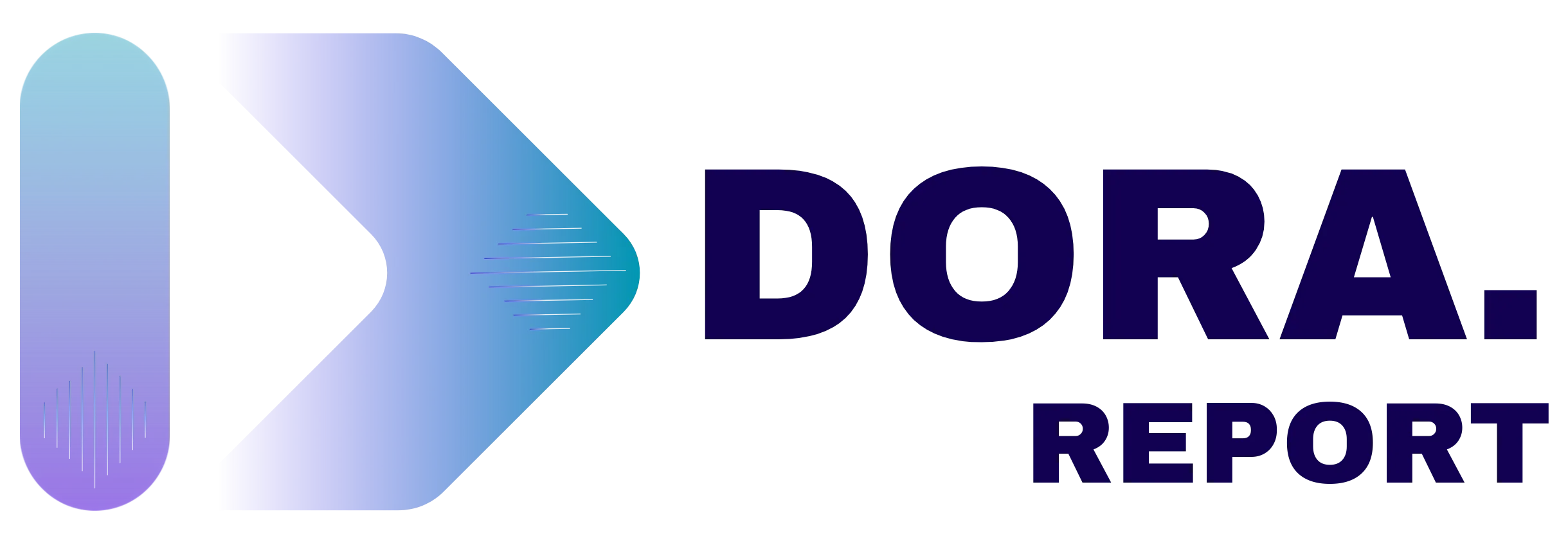· Insights · 5 min read
Third-Party Risk Management and Critical Provider Oversight - Key Differences Under DORA
Under DORA, financial institutions face distinct requirements for third-party risk management and oversight of critical third-party providers. Understanding these differences is key to staying resilient and compliant.

As financial institutions prepare for the impact of the Digital Operational Resilience Act (DORA), understanding the distinctions between third-party risk management and the oversight of critical third-party providers is crucial. Both play a key role in maintaining operational resilience, but their focus, scope, and regulatory requirements differ significantly — especially under DORA’s framework, which introduces heightened standards for ensuring the resilience of critical services.
DORA aims to strengthen the digital resilience of financial services firms, requiring them to implement comprehensive strategies for managing ICT risks, while also ensuring that critical third-party providers meet stringent oversight standards. With new regulatory obligations on the horizon, firms must be prepared to manage third-party risks effectively while also complying with DORA’s oversight requirements. In this blog, we’ll explore the key differences between these two areas and why both are vital to financial stability and operational resilience.
Focus and Scope
ICT Third-Party Risk Management
This area primarily focuses on managing risks associated with technology services and infrastructure provided by third parties. It includes assessing vulnerabilities related to cybersecurity, data protection, and system integrity. For example, a firm might evaluate whether a cloud service provider has adequate encryption measures or robust access controls in place to secure sensitive financial data.
Oversight of Critical Third-Party Providers
The oversight function under DORA is broader. It goes beyond just technology and encompasses all services critical to a financial firm’s operational resilience and stability. This could include key operational functions such as payment processing, clearing systems, and any strategic partnerships essential to business continuity. The oversight isn’t limited to ICT but covers any service that, if disrupted, could have a major impact on a firm’s operations.
Incident Management
ICT Third-Party Risk Management
This typically involves managing technology-related incidents, such as data breaches or system outages. Firms ensure that protocols are in place for incident detection, response, and recovery, which are specific to ICT disruptions.
Oversight of Critical Third-Party Providers
Under DORA, incident management requirements expand to include all critical services. This means that firms need to ensure that their critical third-party providers have robust mechanisms for reporting incidents and mitigating operational disruptions, not just in ICT systems but across all essential business services. Providers must demonstrate their capacity to maintain continuity and quickly recover from any incidents that could impact the financial firm’s operations. A DORA reporting platform becomes crucial to manage reporting obligations and ensure compliance with the strict deadlines for submission to local competent authorities.
Regulatory Requirements
ICT Third-Party Risk Management
Firms are generally required to comply with cybersecurity regulations and standards specific to ICT, such as GDPR for data protection, or specific technical standards that ensure secure data handling. These requirements are crucial for protecting the technological infrastructure on which firms rely.
Oversight of Critical Third-Party Providers
Under DORA, the regulatory requirements extend far beyond basic cybersecurity standards. Firms must perform comprehensive risk assessments, ensure that contracts with critical third parties include provisions for incident reporting and operational resilience, and continuously monitor these providers. Furthermore, DORA mandates strict compliance, requiring that firms submit regular reports, outlining how critical third-party services are managed and how potential risks are mitigated.
Contractual Obligations
ICT Third-Party Risk Management
Contracts in this area are typically focused on the technical aspects of service delivery. They cover essential components like data protection clauses, service level agreements (SLAs), access control mechanisms, and cybersecurity protocols that safeguard digital infrastructure.
Oversight of Critical Third-Party Providers
DORA elevates the importance of these contracts. Beyond the technical specifications, firms must include provisions that cover business continuity planning, operational resilience, regulatory compliance, and incident response procedures. Contracts must explicitly outline the roles and responsibilities of both the financial firm and the third-party provider in ensuring that critical services remain operational during times of stress. This also includes adherence to DORA’s requirements, making contractual obligations far more comprehensive.
Strategic Importance
ICT Third-Party Risk Management
Safeguarding ICT infrastructure is crucial to ensuring data integrity, system availability, and cybersecurity resilience. Effective ICT risk management is key to maintaining a secure and reliable digital environment in which financial transactions and data exchanges take place.
Oversight of Critical Third-Party Providers
The strategic importance of this oversight is even greater. It is not just about protecting data but ensuring that all critical services, from payment processing to key operational functions, are resilient. Disruptions in these areas could have far-reaching consequences, including financial instability, compliance violations, and harm to consumers. DORA’s stringent requirements ensure that these critical services are protected and that firms can continue to operate smoothly even in times of crisis.
Why Both Are Critical Under DORA
DORA represents a major shift in how financial institutions are expected to manage third-party risks. While ICT third-party risk management focuses on technology-specific risks, the oversight of critical third-party providers under DORA addresses broader operational and regulatory aspects that are essential for maintaining resilience across all critical business functions.
With DORA’s reporting platform and its heightened focus on the operational resilience of critical services, firms must take a proactive approach to managing both ICT risks and the oversight of third-party providers. By ensuring that both areas are well-managed and compliant, financial institutions can protect themselves against disruptions and maintain the trust of their customers and regulators alike.



